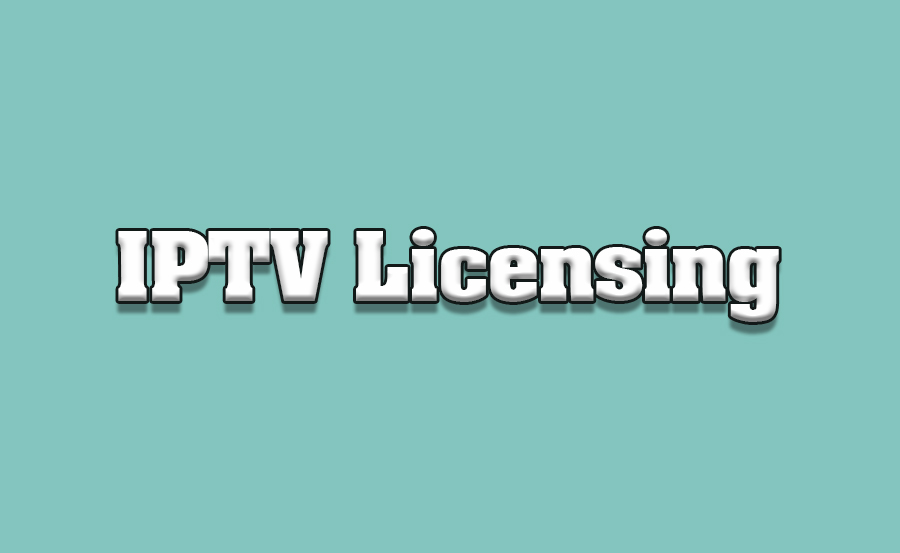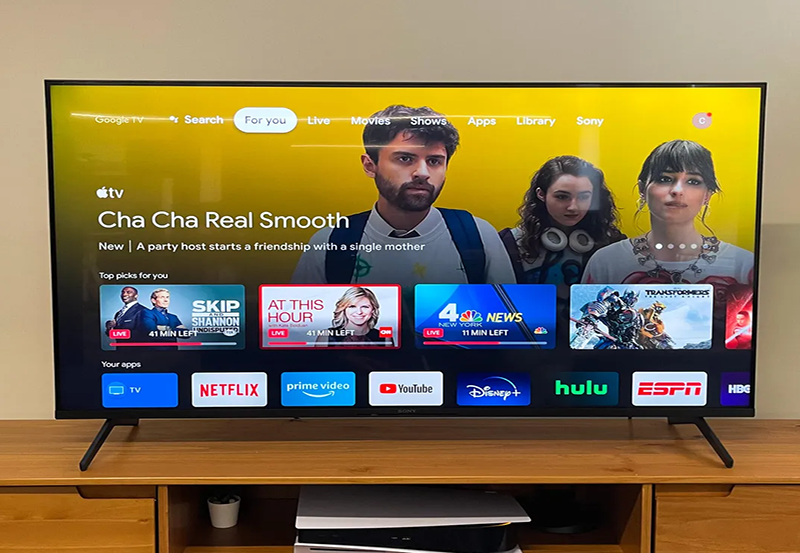In the rapidly evolving landscape of digital media, Internet Protocol Television (IPTV) has emerged as a prominent method for delivering television content over internet networks. While IPTV offers unparalleled flexibility and a vast array of content options, it also brings forth a complex web of licensing and legal considerations that both service providers and consumers must navigate. Understanding these legal frameworks is essential to ensure compliance, protect intellectual property rights, and foster a sustainable IPTV ecosystem.
Buy 1 Year IPTV and Enjoy Unlimited Content
Understanding IPTV Licensing
IPTV licensing is the cornerstone of legal content distribution. It involves obtaining the necessary permissions and agreements to stream television channels, movies, and other media content over the internet. Licensing ensures that content creators, producers, and distributors are fairly compensated for their work, thereby promoting the creation of high-quality content.
Types of Licenses
- Content Licensing: This refers to the agreements between IPTV service providers and content creators or rights holders. These licenses grant the IPTV provider the right to stream specific channels, movies, or shows to their subscribers. Content licensing agreements can be exclusive or non-exclusive, depending on the terms negotiated between the parties.
- Broadcasting Licenses: In some jurisdictions, IPTV providers may need to obtain broadcasting licenses from regulatory bodies. These licenses authorize the provider to distribute television content within a specific geographic area and ensure that the service adheres to national broadcasting standards and regulations.
- Technology Licensing: IPTV services often rely on proprietary technologies for content delivery, encryption, and user interface design. Licensing agreements for these technologies ensure that IPTV providers can legally use and implement the necessary software and hardware solutions.
Legal Frameworks and Regulations
IPTV operates within a complex legal framework that varies significantly across different countries and regions. Understanding and complying with these regulations is crucial for IPTV providers to avoid legal disputes and potential shutdowns.
Intellectual Property Rights (IPR)
Intellectual Property Rights are fundamental to the IPTV industry. These rights protect the creative works of content creators, ensuring they receive compensation for their efforts. IPTV providers must secure the appropriate IPR licenses to legally stream copyrighted content. Failure to obtain these licenses can result in severe legal repercussions, including fines and injunctions.
Digital Rights Management (DRM)
Digital Rights Management technologies are employed to protect content from unauthorized access and distribution. DRM ensures that only authorized users can access the content, thereby safeguarding the rights of content creators and distributors. IPTV providers must implement robust DRM systems to comply with licensing agreements and protect against piracy.
Privacy and Data Protection
With IPTV services handling vast amounts of user data, compliance with privacy and data protection laws is paramount. Regulations such as the General Data Protection Regulation (GDPR) in Europe mandate strict guidelines on how user data is collected, stored, and processed. IPTV providers must implement comprehensive data protection measures to ensure user privacy and avoid hefty penalties for non-compliance.EPG: Enhancing Your IPTV Viewing Experience
Challenges in IPTV Licensing
While licensing is essential for legal compliance, it poses several challenges for IPTV providers:
- Complex Licensing Agreements: Navigating the myriad of licensing agreements with different content providers can be cumbersome. Each agreement may have unique terms and conditions, making it difficult to maintain consistency and compliance across the board.
- Geographical Restrictions: Content licensing often comes with geographical restrictions, limiting the availability of certain channels or shows to specific regions. IPTV providers must manage these restrictions carefully to avoid unauthorized distribution.
- Cost Implications: Licensing fees can be substantial, particularly for high-demand content. Balancing the cost of licensing with subscription pricing is a critical challenge for IPTV providers striving to maintain profitability while offering competitive services.
- Evolving Legal Landscape: The legal landscape surrounding IPTV is continually evolving, with new regulations and amendments being introduced regularly. Staying abreast of these changes and adapting accordingly is essential to ensure ongoing compliance.
Best Practices for IPTV Licensing Compliance
To effectively navigate the complexities of IPTV licensing and legal considerations, service providers should adopt the following best practices:
- Comprehensive Legal Counsel: Engaging with legal experts who specialize in media and broadcasting laws can help IPTV providers understand and comply with relevant regulations. Legal counsel can also assist in negotiating favorable licensing agreements.
- Transparent Licensing Agreements: Clear and transparent licensing agreements with content providers help prevent misunderstandings and disputes. Providers should ensure that all terms, including usage rights, geographical restrictions, and financial obligations, are explicitly outlined.
- Robust DRM Implementation: Implementing advanced DRM technologies protects content from unauthorized access and distribution, ensuring compliance with licensing agreements and safeguarding intellectual property rights.
- Regular Audits and Compliance Checks: Conducting regular audits and compliance checks helps IPTV providers identify and rectify any potential legal issues proactively. These audits should encompass licensing agreements, data protection measures, and content distribution practices.
- User Education and Awareness: Educating users about the legal aspects of IPTV usage fosters a culture of compliance. Providers can implement user agreements and terms of service that clearly outline acceptable usage practices and the consequences of violating licensing agreements.
Future Outlook and Legal Trends in IPTV
The IPTV industry is poised for significant growth, driven by advancements in technology and increasing consumer demand for flexible content delivery options. However, this growth will be accompanied by evolving legal challenges and trends:
- Increased Regulation: As IPTV becomes more mainstream, governments and regulatory bodies are likely to introduce stricter regulations to govern content distribution, data protection, and consumer rights. IPTV providers must stay informed and adapt to these regulatory changes promptly.
- Global Licensing Agreements: With the expansion of IPTV services into new international markets, providers will need to establish global licensing agreements that account for diverse legal requirements and cultural preferences.
- Enhanced DRM Technologies: The development of more sophisticated DRM technologies will continue to play a critical role in protecting content and ensuring compliance with licensing agreements. IPTV providers will need to invest in cutting-edge DRM solutions to stay ahead of piracy and unauthorized distribution.
- Integration with Emerging Technologies: The integration of IPTV with emerging technologies such as artificial intelligence (AI) and blockchain may introduce new legal considerations. For instance, AI-driven content recommendations must comply with data protection laws, while blockchain-based content distribution could redefine licensing models.Kodi: Elevate Your IPTV Streaming Experience
Conclusion
IPTV licensing and legal considerations are integral to the successful operation and sustainability of IPTV services. By understanding the various types of licenses, adhering to intellectual property rights, implementing robust DRM systems, and staying compliant with evolving regulations, IPTV providers can navigate the complex legal landscape effectively. As the industry continues to grow and innovate, maintaining a strong focus on legal compliance will be essential for fostering trust, protecting content creators, and ensuring a seamless and lawful viewing experience for users.




